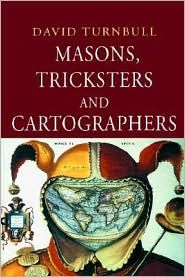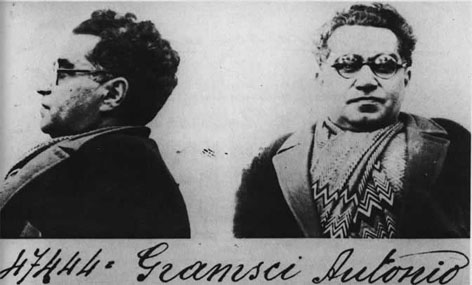 Turnbull, David. 2000. Masons, Tricksters, and Cartographers: Comparative Studies in the Sociology of Scientific and Indigenous Knowledge. New York: Routledge
Turnbull, David. 2000. Masons, Tricksters, and Cartographers: Comparative Studies in the Sociology of Scientific and Indigenous Knowledge. New York: Routledge
Turnbull aims to show that all knowledge production, including the technoscientific, is “motley”—i.e. a messy meshwork of places, practices, contingencies, and creativity. “The process of knowledge assemblage is a dialectical one in which forms of social space are coproduced. The interactive, contingent assemblage of space and knowledge, sustained and created by social labour, results in what I call a ‘knowledge space’” (4). The knowledge spaces discussed in the book include the construction practices of gothic cathedrals by masons, the production of maps by colonial and European state-makers, indigenous Pacific navigators, scientists and governments seeking a malaria vaccines, and turbulence research. Continue reading

